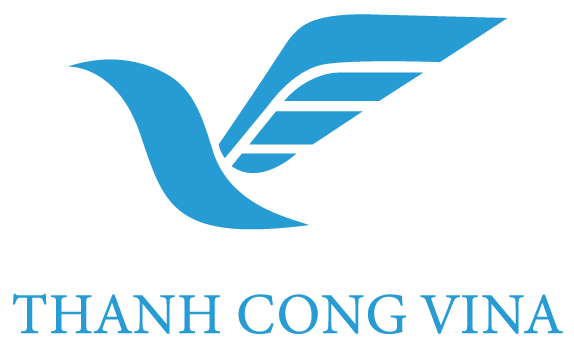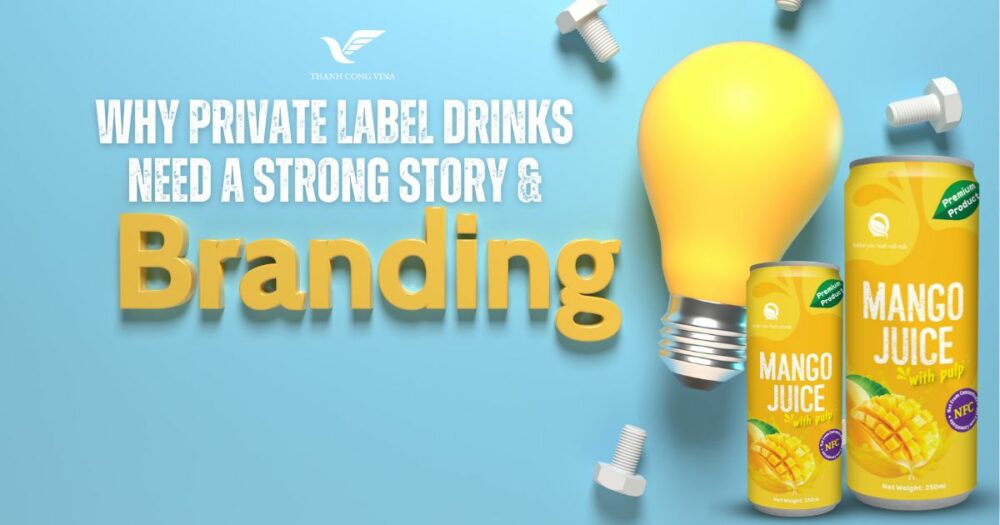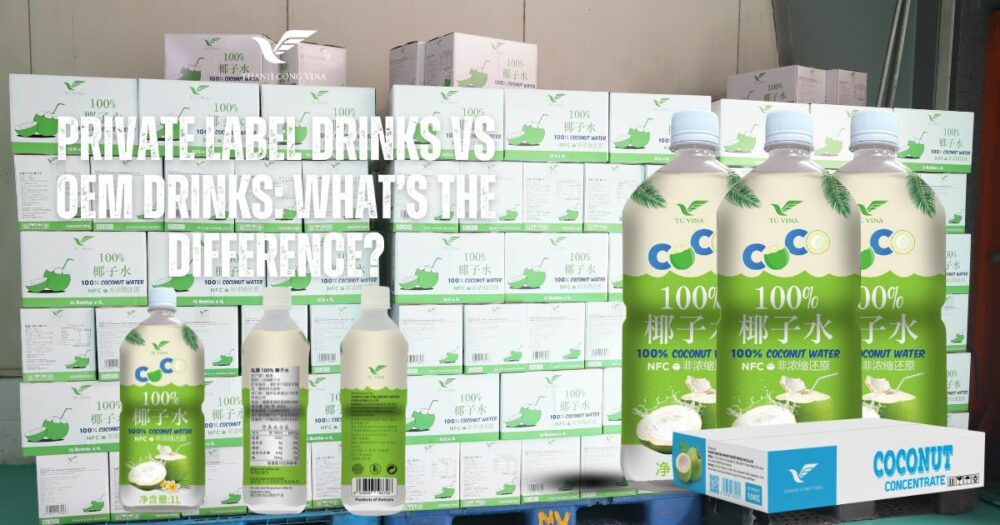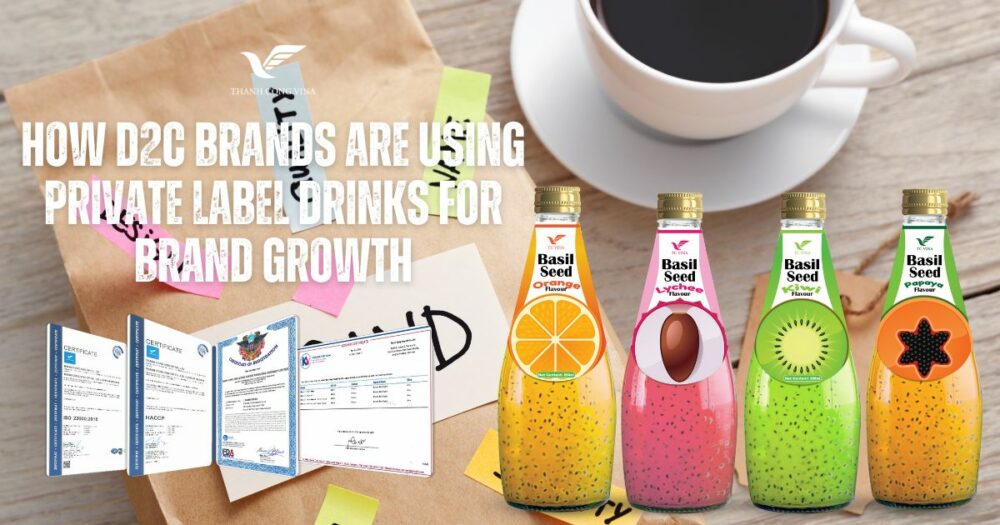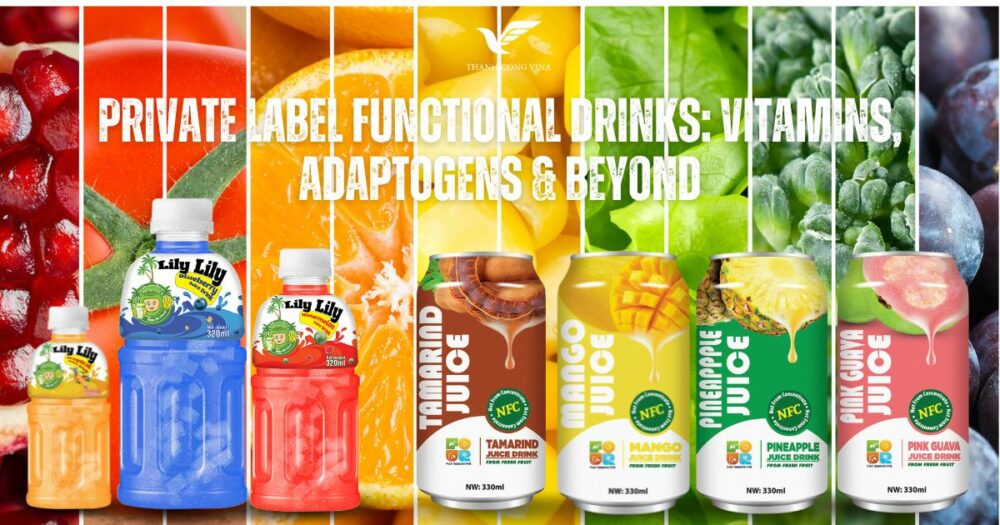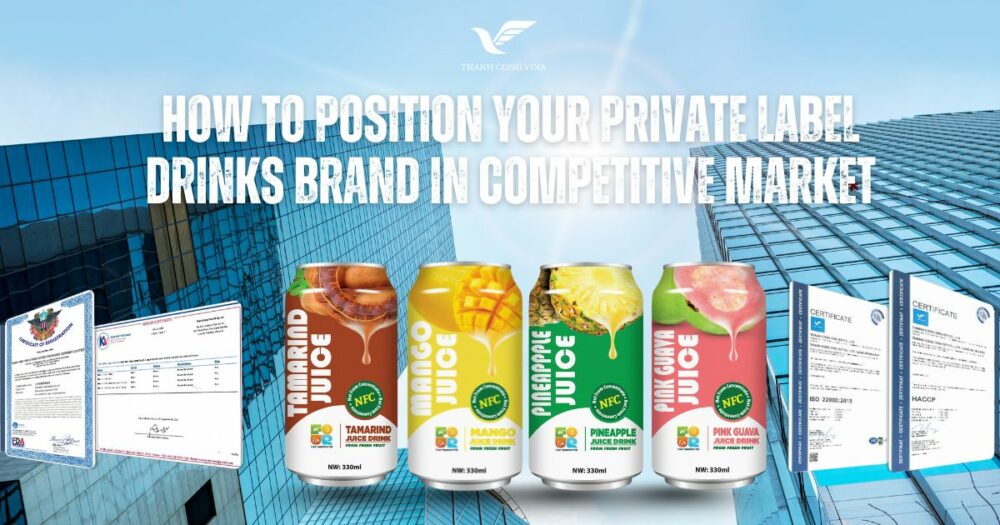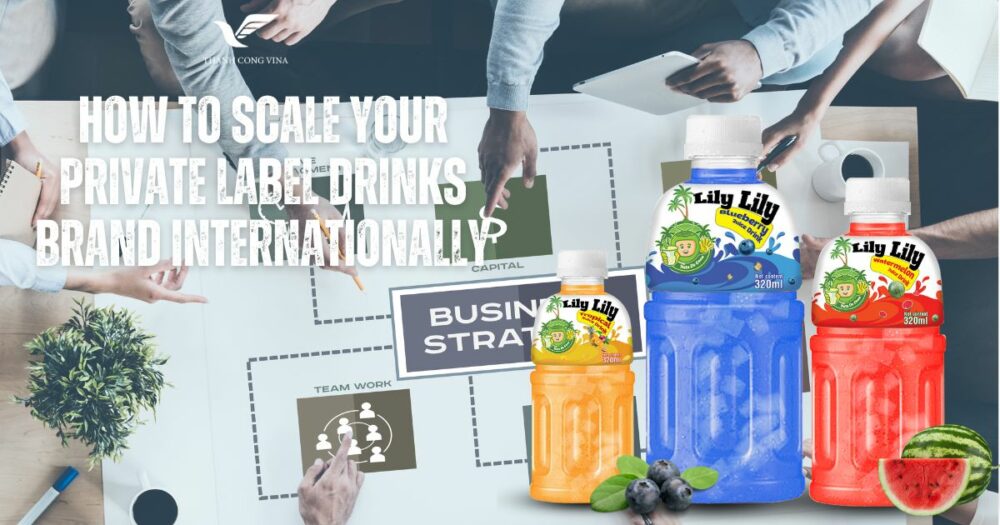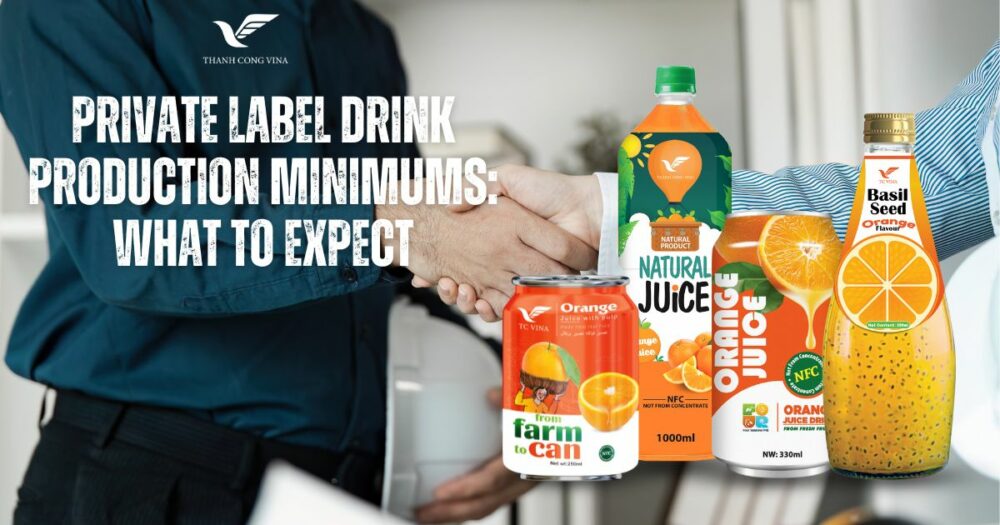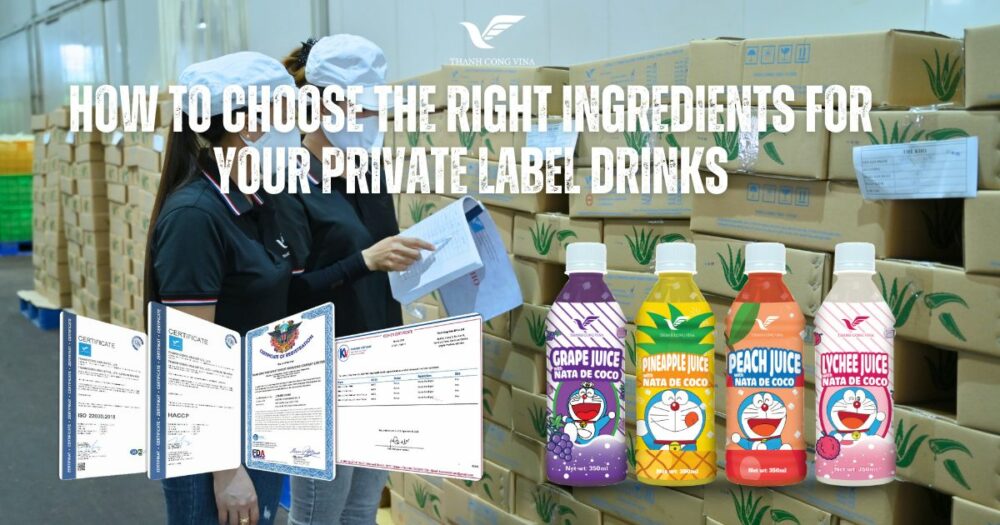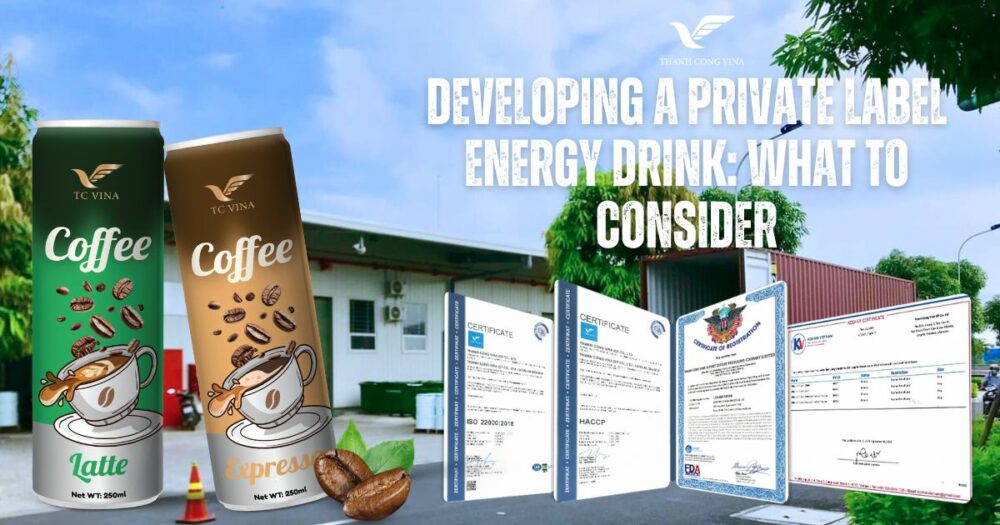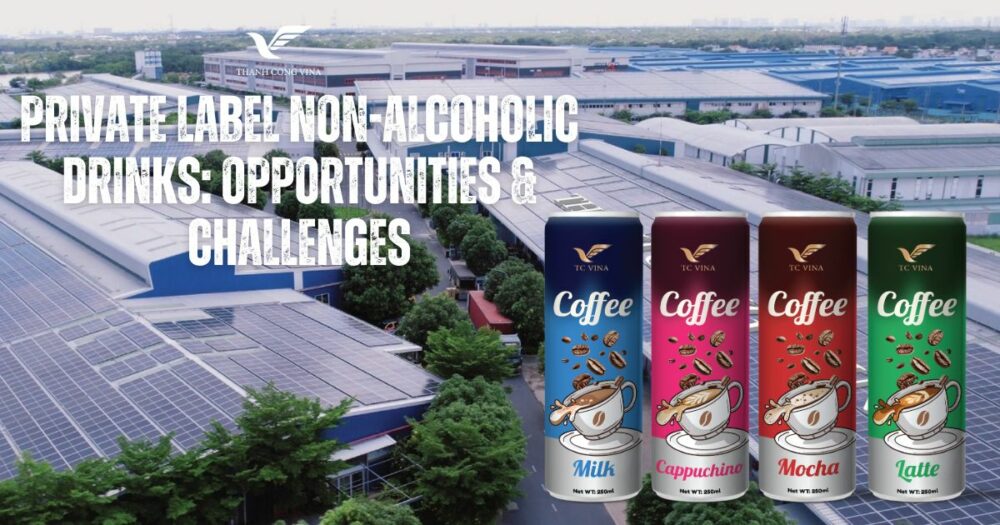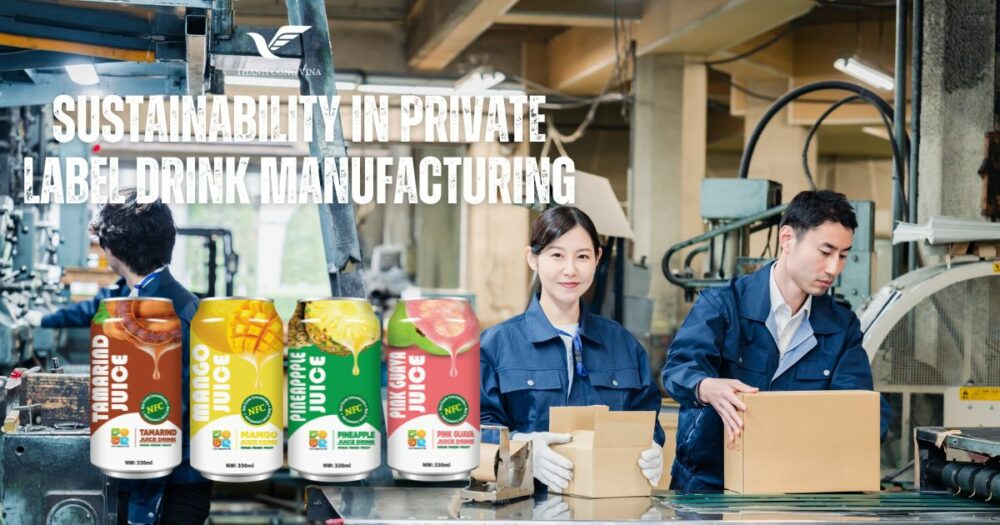In today’s highly competitive beverage market, managing costs while maintaining product quality is crucial for success. Many emerging and established beverage brands are now turning to private label ready-to-drink (RTD) solutions to optimize operations and strengthen profitability. This model allows brands to focus on marketing, branding, and customer engagement, while experienced manufacturers handle production, packaging, and logistics.
Private label beverages not only eliminate the need for heavy capital investment but also enable faster time-to-market and greater flexibility in adapting to consumer trends. Whether it’s fruit juices, functional waters, or plant-based drinks, private label manufacturing helps companies control expenses without compromising quality. In this article, we explore how private label ready-to-drink beverages help reduce costs across production, packaging, distribution, and supply chain management, empowering beverage businesses to thrive in a cost-sensitive global environment.
1. Understanding Private Label Ready-to-Drink Beverages
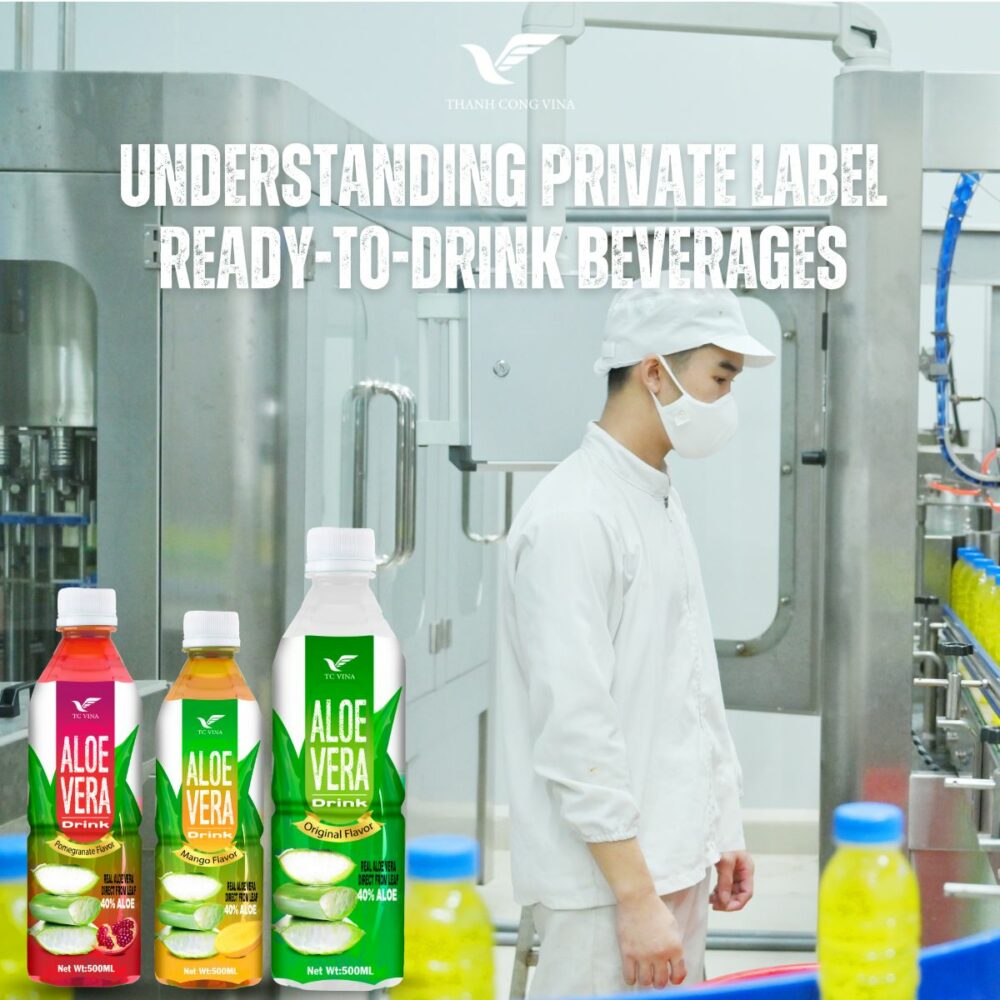
Understanding Private Label Ready-to-Drink Beverages
What Does Private Label Mean?
Private label refers to products that are manufactured by one company and sold under another company’s brand name. In the beverage industry, this means a specialized manufacturer handles everything—from formulation and ingredient sourcing to bottling and labeling—according to the client’s requirements.
For example, a retailer or beverage startup may want to launch a new aloe vera drink or fruit juice line. Instead of investing millions in equipment, they can partner with a private label producer to handle production while retaining full control over brand identity and market positioning.
Why RTD (Ready-to-Drink) Formats Are Advantageous
Ready-to-drink beverages offer consumers convenience and portability, making them one of the fastest-growing categories in the beverage sector. Private label RTD solutions allow brands to capitalize on this demand quickly. Manufacturers already have the technology, formulations, and certifications required, so the brand can focus on packaging design and marketing rather than infrastructure and R&D.
2. Reducing Production Costs through Private Label Partnerships
Avoiding Capital Investment
One of the biggest cost-saving benefits of private label production is the elimination of capital expenditure. Establishing a beverage factory requires equipment, quality control systems, regulatory compliance, and skilled labor—all of which can cost millions of dollars.
By partnering with a private label manufacturer, brands can bypass these costs entirely. They gain instant access to advanced facilities, certified processes, and a trained workforce, all while paying only for production volume.
Economies of Scale
Private label manufacturers serve multiple clients, allowing them to buy raw materials in bulk. This creates economies of scale that drastically reduce per-unit production costs. Ingredients like fruit juice concentrates, sweeteners, and packaging materials are purchased at lower prices, and those savings are passed on to brand partners.
Flexibility and Low Minimum Order Quantities
Modern private label manufacturers offer flexible production runs, which helps startups and SMEs minimize financial risk. Instead of being tied to large production batches, brands can test the market with smaller orders and scale up as demand grows—saving money and preventing inventory waste.
3. Supply Chain and Logistics Advantages
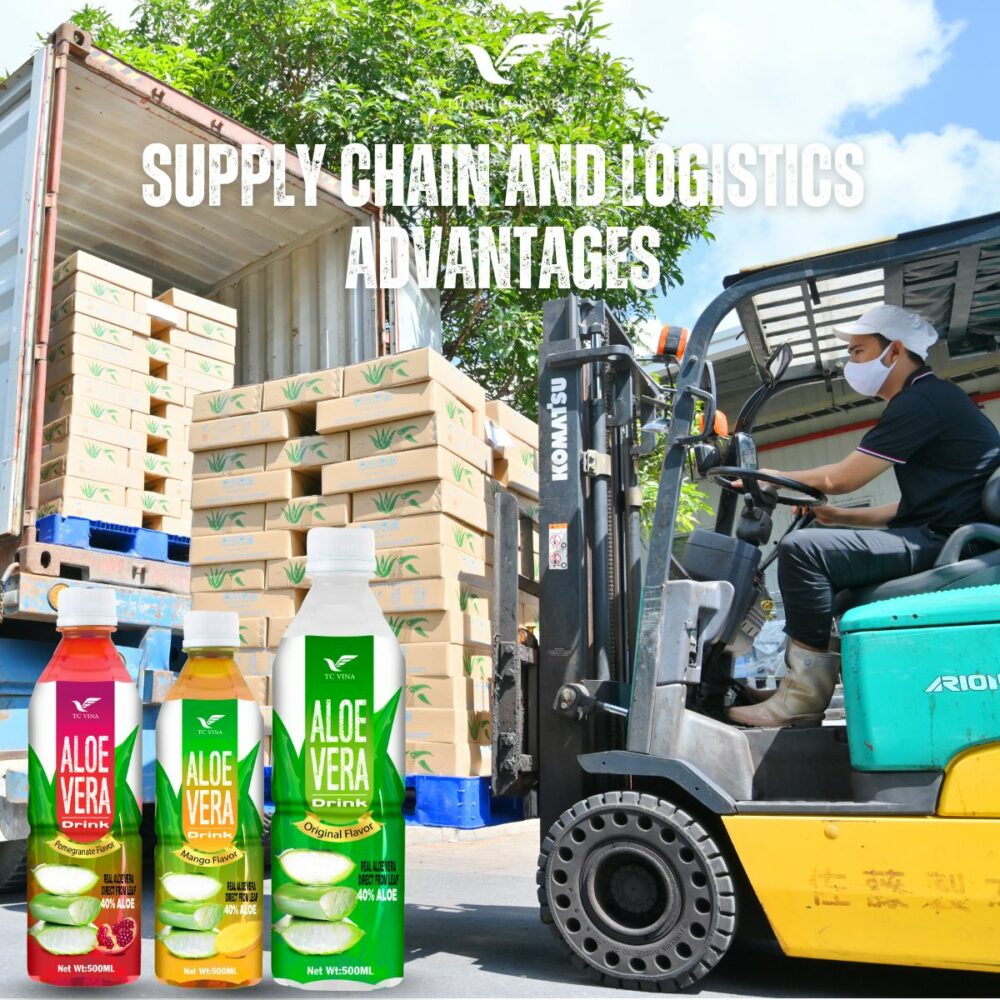
Supply Chain and Logistics Advantages
Centralized Procurement and Distribution
Private label manufacturers streamline the entire supply chain by centralizing sourcing and logistics. They have established supplier networks for raw materials, packaging, and transportation. This integration cuts down on lead times, lowers transportation costs, and ensures consistent supply quality.
Reduced Risk of Disruptions
Experienced manufacturers maintain contingency plans and multiple supplier partnerships, ensuring production continuity even during global supply chain disruptions. Brands don’t have to manage raw material shortages, customs delays, or complex import/export procedures—saving valuable time and operational costs.
Faster Time to Market
Speed is critical in the beverage industry. Launching a new RTD product through private label manufacturing allows companies to move from concept to market-ready product in a fraction of the time compared to building internal production capacity. Faster launches mean quicker revenue generation and improved market competitiveness.
4. Enhancing Quality without Extra Cost

Enhancing Quality without Extra Cost
Advanced Technology and Certifications
Private label manufacturers operate under strict quality control frameworks such as HACCP, ISO, and GMP. These certifications ensure consistent product quality while minimizing defects or recalls. By leveraging their expertise, brands can offer high-quality beverages without investing in expensive in-house quality systems.
Access to R&D and Innovation
Another key advantage is access to professional research and development teams. Manufacturers continuously innovate with new flavors, functional ingredients, and packaging technologies. Clients benefit from these innovations at a fraction of the cost, eliminating the need for dedicated R&D staff or laboratory equipment.
Consistent Product Standards
Private label partners provide consistent quality across production batches—critical for building consumer trust. Since testing, formulation, and bottling are managed under strict SOPs, there’s less product variation and waste, helping brands maintain cost efficiency while protecting brand reputation.
5. Lower Marketing and Branding Expenses
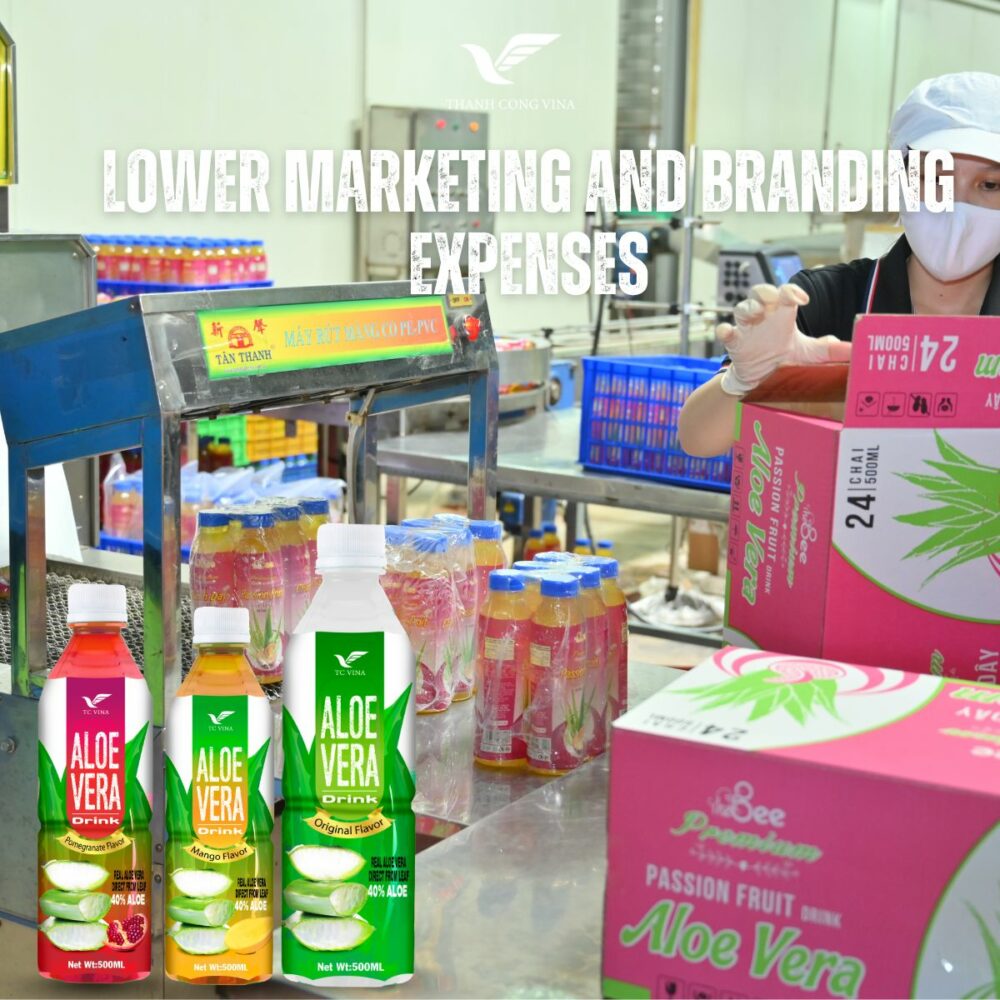
Lower Marketing and Branding Expenses
Built-in Product Credibility
Partnering with a reputable private label producer gives brands instant credibility. Consumers associate quality with established manufacturing partners who already supply major markets. This trust reduces the need for heavy initial marketing expenditure.
Customizable Packaging and Design Services
Private label companies often provide in-house design support, helping brands create packaging that fits market preferences without hiring external agencies. This streamlined service reduces marketing design costs while maintaining a professional, premium look.
Co-Branding and Strategic Partnerships
Some private label manufacturers also support co-branding or white-label opportunities in select regions. This arrangement allows beverage companies to expand quickly into new markets without building full distribution or advertising networks—saving both time and cost.
6. Case Example: How Brands Save with Private Label RTD Beverages
Startup Case Study
A startup entering the functional beverage market wanted to launch a low-sugar aloe vera drink line. Building their own facility was financially unfeasible. Partnering with a private label manufacturer allowed them to produce 20,000 bottles per month with minimal upfront cost. The savings from avoided capital investment were redirected to marketing and brand building.
Established Brand Case Study
A mid-sized fruit juice company looking to expand into coconut water used private label solutions to diversify its product line. By leveraging the manufacturer’s existing supply chain and certifications, the brand reduced production time by 40% and total operating cost by 25%.
Global Perspective
Across global markets, private label beverages are growing steadily because of their scalability and affordability. Retailers and independent brands can compete with multinationals by outsourcing production to experienced partners, proving that cost efficiency and quality can coexist.
Conclusion
Cost efficiency is one of the main reasons brands choose private label ready-to-drink beverages. From reduced production and logistics costs to streamlined quality control and faster market entry, this model empowers both startups and established companies to achieve sustainable growth. Working with an experienced manufacturer ensures consistent quality and access to innovation while allowing brands to focus on marketing, distribution, and customer experience.
For businesses seeking a trusted production partner, Thanh Cong Vina offers advanced manufacturing capabilities, international certifications, and flexible OEM and private label beverage solutions tailored to global standards. By collaborating with Thanh Cong Vina, brands can minimize operational risks, reduce costs, and deliver world-class ready-to-drink beverages that meet the evolving expectations of consumers worldwide.
